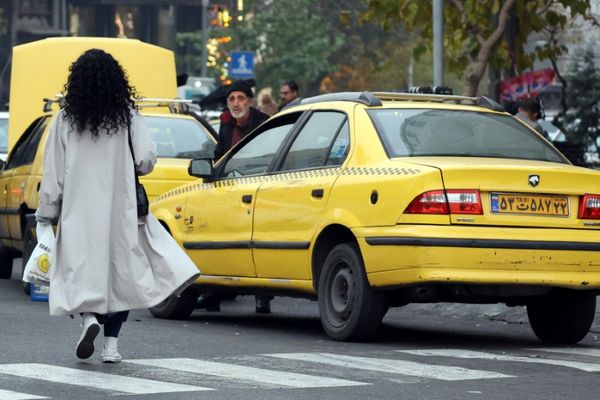
A legal exemption that makes Queensland the only state to allow employers to discriminate against gender diverse and transgender people when working with children needs to be quashed, advocacy groups say.
Queensland’s Anti-Discrimination Act allows for discrimination “on the basis of lawful sexual activity or gender identity” if it is “reasonably necessary to protect the physical, psychological or emotional wellbeing of minors” in the workplace. Sex workers can also be discriminated against on the same basis.
Matilda Alexander from Rainbow Families Queensland says the provision needs to be amended as it furthers harmful myths about LGBTIQ+ community members being of posing a risk to children.
“I’ve spoken to individuals who are concerned … and have felt that their jobs are maybe at risk because of this,” Alexander says. “This kind of law contributes to stigma and it also makes people feel like they are less valued members of society.”
The act is currently undergoing a wide-ranging review – requested by the state government – by the Queensland Human Rights Commission (QHRC), which has said “no other jurisdiction specifically permits discrimination against sex workers, transgender, or intersex people in this way”.
A QHRC discussion paper said the exemption “appears to be redundant given the rigorous blue card screening processes that are already take place when people work with minors”.
Michael Cope, president of the Queensland Council for Civil Liberties, said he didn’t see “any good reason” why the clause should remain.
“There’s no basis to the proposition whatsoever,” Cope said. “The act’s been in a place for 30 years. After 30 years, it’s probably time for a review.”
In April, Janelle Fawkes, campaign manager of sex work advocacy group Respect Inc and DecrimQLD, told Guardian Australia that the legislation “always would have been extremely poor policy but in 2022 they stand out as being particularly horrific”.
Respect Inc’s submission to the review says sex workers who are teachers or work with minors have been negatively affected, up to and including termination of employment, when their sex work became known.
The submission referred to a sex worker who said they would like to study and become a teacher’s aid “but know I cannot do that … because I would be excluded from employment because of my sex worker status”.
Queensland’s Anti-Discrimination Act contains several other clauses that have been criticised, including a section that allows discrimination on the basis of sexuality for access to IVF.
There is also the contentious “genuine occupational requirement” clause that allows religious bodies to discriminate in circumstances where a person “openly acts in a way that the person knows or ought reasonably to know is contrary to the employer’s religious beliefs”.
In a submission to the review, the Australian Christian Lobby said religious freedom measures should be strengthened.
“Religious organisations should be able to ensure that any employment decision they make is in accordance with the doctrines, tenets and beliefs of the organisation,” the ACL’s national director, Wendy Francis, said in the submission.
In its submission, Rainbow Families said the legislation could cause trans and gender diverse teachers to feel unable to affirm their gender identity, while lesbian, gay and bisexual teachers may need to “remain in the closet” at school.
“Such a facade can be extremely challenging to maintain when a teacher or their partner becomes pregnant,” Rainbow Families said. “At this point, it can become impossible to continue to hide one’s gender identity or sexuality and who their family is.”
Alexander said abolishing these provisions would be “a great step forward” towards equality for Queensland’s LGBTIQ+ community.
“[The working with children] section has no place in contemporary society, and we’re expecting it to be repealed,” she said.
The QHRC will provide recommendations to the government about potential changes to the law on 30 July.







